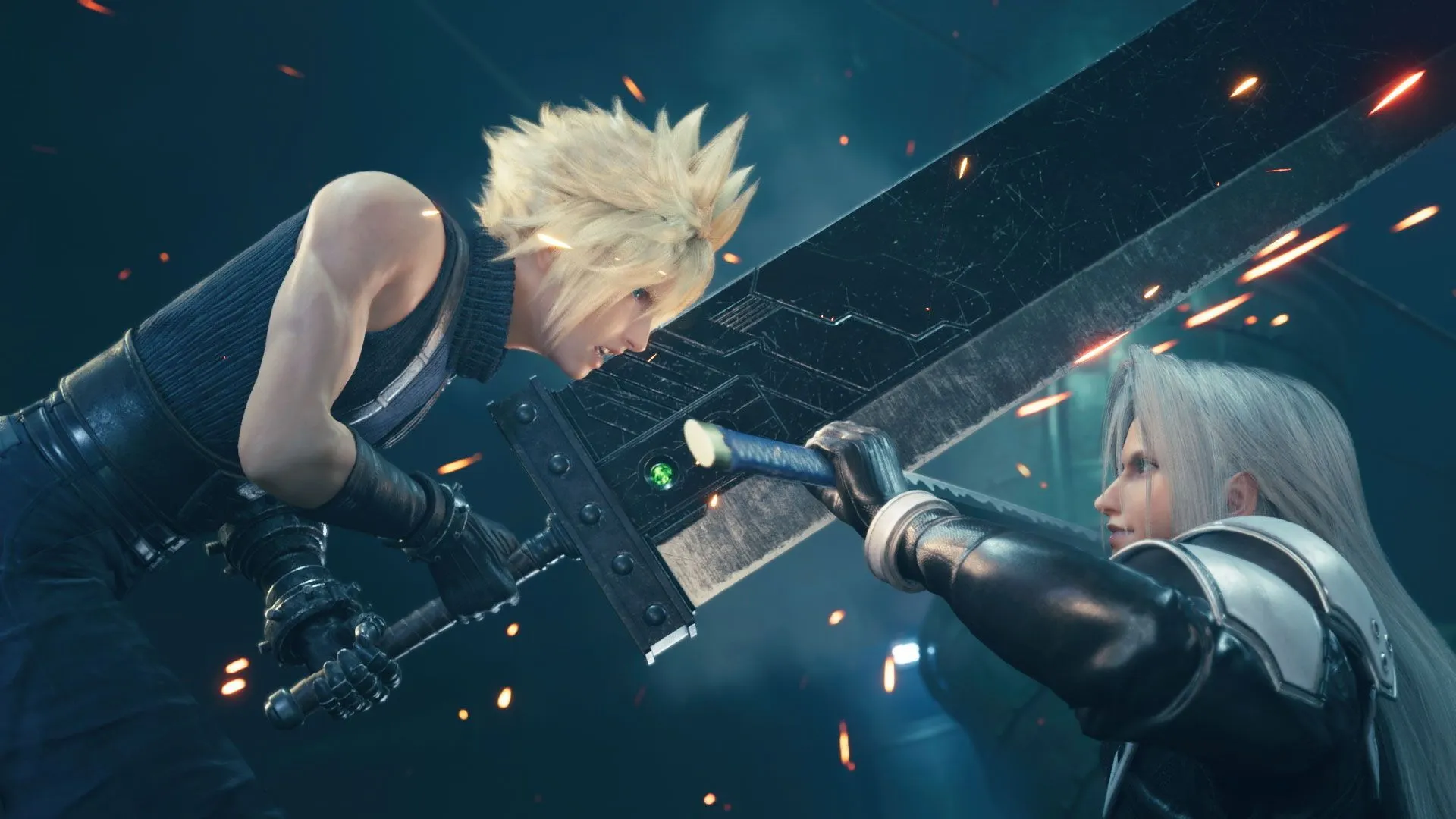'Final Fantasy' Maker Square Enix Confirms Layoffs as AI Takes Over Game Development

News Summary
Video game publisher Square Enix confirmed layoffs this week across its United States and European divisions. The company stated its goal is to have generative AI handle 70% of game development quality assurance (QA) and debugging tasks by the end of 2027. These layoffs are part of a reorganization of its North American and European operations, aimed at strengthening its development structure and driving a globally integrated marketing strategy. Square Enix plans to shift more development back to Japan. Previously, in 2022, the company sold off three studios and franchises, including Tomb Raider, to fund AI and blockchain gaming development. Square Enix is collaborating with the Matsuo Laboratory at the University of Tokyo to develop generative AI technologies for game creation. Its President Takashi Kiryu stated in early 2024 that the firm would be “aggressive” in using generative AI to reshape the game development process for productivity boosts. Beyond Square Enix, other major gaming firms like Ubisoft, Electronic Arts, and Krafton are also making significant moves in AI, coinciding with widespread layoffs that have impacted the games industry in recent years.
Background
Square Enix is the developer behind renowned game franchises like Final Fantasy and Dragon Quest. In recent years, the company has undergone strategic adjustments, including selling off Western studios and IPs in 2022 to refocus on core development in the Japanese market and invest in emerging technologies such as AI and blockchain. Its President Takashi Kiryu had publicly emphasized the high importance of generative AI application in game development in early 2024. Concurrently, the global gaming industry has experienced widespread layoffs over the past couple of years, affecting many large and medium-sized studios. Against this industry backdrop, several major gaming companies, including Square Enix, are accelerating the adoption of generative AI in game development processes, aiming to enhance efficiency and address market challenges.
In-Depth AI Insights
What are the long-term implications of Square Enix's aggressive AI adoption amidst industry-wide layoffs for the gaming sector's labor market and investors? Square Enix's layoffs and AI deployment signal a profound structural shift in game development. Its target of 70% AI automation in QA and debugging suggests a significant reduction in the need for traditional manual testing and debugging roles in the coming years. This could lead to: - Labor market transformation: An increased demand for AI engineers, data scientists, and AI prompt engineers, while reducing the need for traditional junior development and QA positions. - Industry efficiency gains: Companies successfully implementing AI strategies are poised to achieve significant operational cost reductions and shorter development cycles, thereby boosting profit margins. This could make publicly traded gaming companies that effectively integrate AI for productivity leaps more attractive to investors. Considering Square Enix's past ventures into emerging technologies like blockchain/NFTs, what are the potential competitive advantages and risks of its rapid pivot to AI? Square Enix's aggressive AI strategy presents both opportunities and challenges: - Competitive advantages: As an early mover in AI-driven efficiency, the company could achieve faster iterations, lower costs, and potentially higher-quality products. Successful AI integration could also attract top-tier AI talent and redefine its market reputation for innovation. - Potential risks: Past investments in blockchain/NFTs did not fully deliver on their promises, with some projects (like Symbiogenesis) even shutting down, indicating execution risk in commercializing emerging tech. If AI investments fail to yield expected cost savings or product innovation, instead leading to morale drops from mass layoffs or technical integration issues, it could harm the company's reputation and financial performance. What are the broader economic implications of this tech-driven layoff trend for the U.S. job market and policymaking under President Donald Trump's administration? Under President Trump's administration, AI-induced layoffs by companies like Square Enix carry several economic and policy implications: - Structural employment challenges: AI-driven automation will continue to pose structural challenges to the U.S. (and other developed economies') labor market, especially in repeatable task domains. The Trump administration may face increased pressure to implement policies supporting retraining for affected workers or stimulating new job growth sectors. - Industrial policy debate: This could intensify policy debates around AI regulation, worker protection, and how to balance technological advancement with social impact. The government might weigh encouraging tech innovation for competitiveness against mitigating job displacement through tax incentives or subsidies. - Tech company scrutiny: As AI plays a more direct role in layoffs, tech companies may face greater scrutiny regarding the employment impact of their AI deployments, potentially prompting the government to explore new labor market regulations.